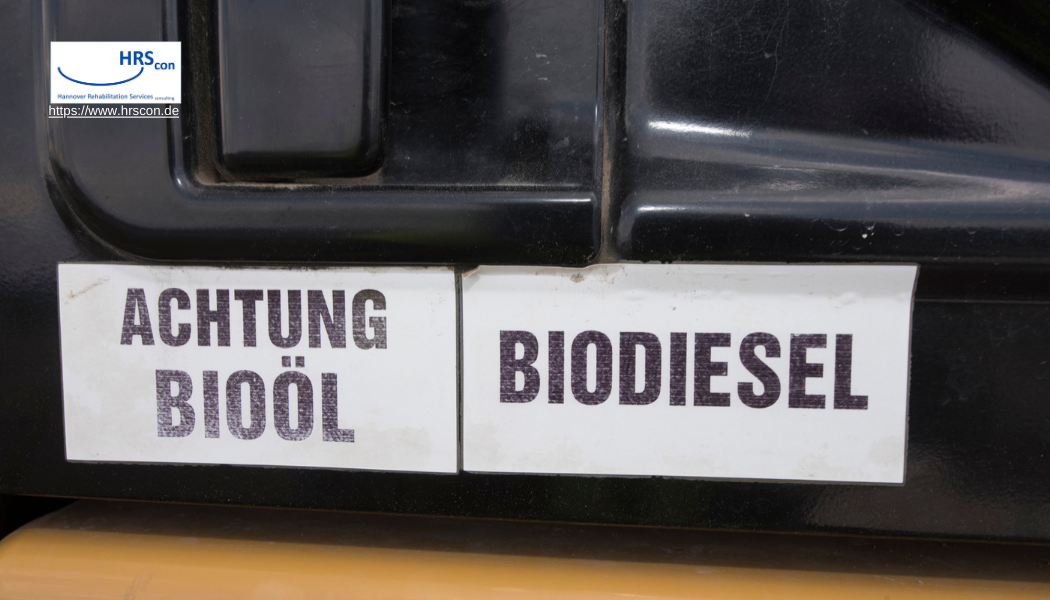As a world leader in biodiesel implementation, Indonesia has set a strong standard by mandating a blend ratio of 35% biodiesel (B35) in its diesel fuel. This effort is driven by the country’s goals for energy independence, environmental sustainability, and economic resilience. The transition from fossil fuels to biodiesel began in the early 2000s, motivated by concerns over rising fuel prices, air pollution, and the need for energy security.
Background: Indonesia’s Biodiesel Landscape
Indonesia’s heavy reliance on fossil fuels, particularly in transportation, has led to increased greenhouse gas (GHG) emissions. To address these concerns, Indonesia ratified the Paris Agreement, committing to reduce its emissions by 29% by 2030 with its own efforts and up to 41% with international support. This ambition has driven policies supporting biodiesel as a renewable alternative. The introduction of biodiesel in the 2000s marked a shift in Indonesia’s energy policy, aiming to curb emissions and reduce foreign fuel dependency.
Policy and Economic Implications
The Indonesian government enacted regulations to ensure biodiesel’s role in energy consumption, starting with public service obligations in 2008. The blend ratios have gradually increased, culminating in the nationwide adoption of B35 in 2023. These policies include incentives for biodiesel production and pricing mechanisms that maintain economic viability. The government’s commitment has fostered a growing biodiesel industry, which plays a significant role in meeting national energy demand and reducing the need for fuel imports.
Environmental and Social Benefits
Biodiesel offers considerable environmental benefits compared to conventional diesel. It emits fewer pollutants, including carbon monoxide (CO) and particulate matter, while also lowering sulfur levels. Additionally, biodiesel is produced from renewable sources like palm oil, a resource Indonesia has in abundance, which makes it a viable, locally produced fuel. Socially, the industry has created job opportunities and helped alleviate poverty by supporting local economies that rely on palm oil production.
Key Challenges for Biodiesel Sustainability
While Indonesia has successfully scaled biodiesel production, there are significant challenges:
- Environmental Impact of Palm Oil: Biodiesel production heavily relies on palm oil, whose cultivation has been linked to deforestation and biodiversity loss. Sustainable production practices are critical to prevent environmental degradation.
- Technical Issues: Higher biodiesel blends may affect vehicle performance and fuel stability. Concerns include increased wear on engine parts and potential clogging in colder conditions, which necessitates further technological improvements.
- Supply Chain Complexity: Indonesia’s archipelago geography presents logistical challenges, as biodiesel distribution requires robust infrastructure to maintain fuel quality across its islands.
- Economic Factors: While biodiesel production can be economically beneficial, fluctuations in global palm oil prices and changes in government subsidies impact its cost-effectiveness.
Future Directions for Indonesian Biodiesel
To ensure biodiesel’s role in a sustainable energy future, Indonesia must address these challenges by adopting best practices in sustainable agriculture, improving fuel technology, and investing in infrastructure. The country can also explore alternative feedstocks, such as waste oils, to diversify biodiesel sources and reduce reliance on palm oil. Additionally, policies that internalize the environmental costs of biofuel production, such as carbon pricing, can support biodiesel as a sustainable option while aligning with global climate goals.
Conclusion
Indonesia’s experience with biodiesel offers valuable insights into the potential of biofuels as a sustainable energy source. By fostering industry growth, creating jobs, and supporting energy independence, biodiesel has shown economic and environmental promise. With continued investment and commitment to sustainable practices, Indonesia can further enhance biodiesel’s role in reducing emissions and securing a cleaner energy future.




